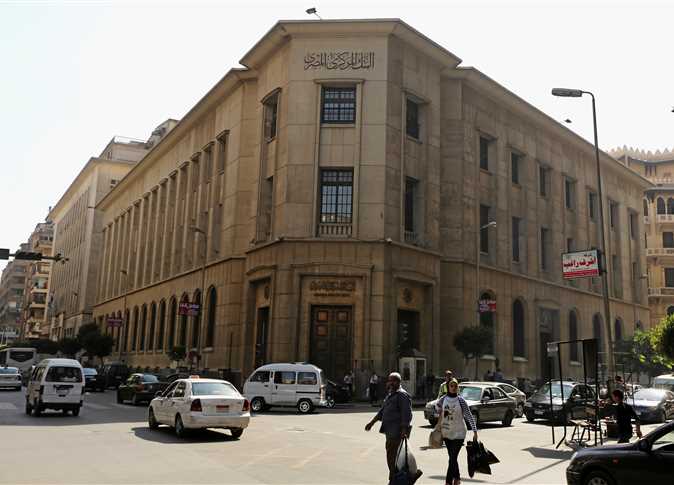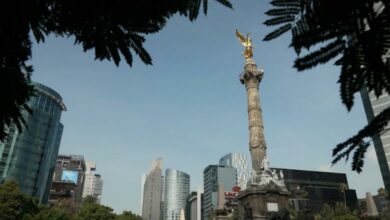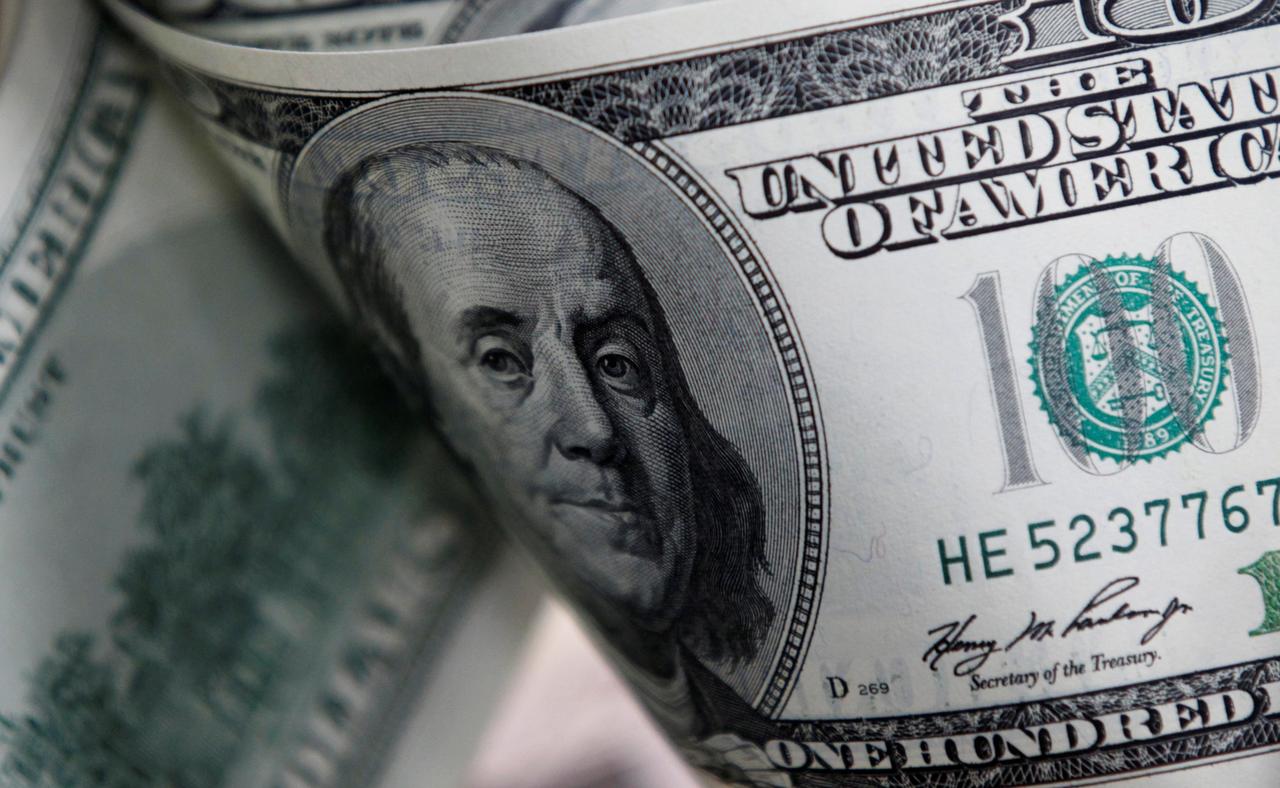Egypt’s Salafis are branching out into business, bringing their ultraconservative teaching of Islam into the world of modern finance.
The Salafi Dawah, the largest organization of ultraconservative Islamists in Egypt, founded a non-profit economic organization nine months ago that is nearing its formal launch early next year.
In preparation, Salafi leaders have been gathering to talk business — from promoting religious pilgrimages to holding a televised competition for entrepreneurs.
Nearly 60 businessmen associated with the group are participating in the initiative, which aims to foster the growth of financial enterprises ranging in size from large companies to small and medium enterprises. There is a condition for businesses, though: they must strictly follow Sharia, or Islamic law.
This Salafi twist on economics comes as adherents to this strain of Islam have explored their newfound room to maneuver after decades of suppression, and have also loosened their stringent ban on modern banking and finance.
In August, the vice president of the Salafi Dawah, Yasser Borhamy, said the interest on the IMF loan Egypt is set to receive does not involve usury, a practice prohibited in Islam.
In a fatwa he made that was published on Sawt al-Salaf website, Borhamy said that since the interest on the loan is only 1.1 percent, paid in the form of administrative fees, the loan could be considered a grant.
In branching into business, the group is following in the steps of the Muslim Brotherhood, which has used business initiatives and financial smarts to fund its activities for years.
The Muslim Brotherhood uses its business dealings to fund its Freedom and Justice Party, but leaders of the Salafi Dawah’s new project, called the House of Business, say it will not finance the Salafi Dawah or the Salafi Nour Party.
Instead, the House of Business will connect investors with ideas, train entrepreneurs, and reinvest revenue in social-development projects, according to Salafi leaders associated with the organization.
“With the freedom that happened after the old regime left,” said Walid al-Sayed, the House of Business’s acting chief executive, “we had the space to have a safe umbrella and a safe environment for businessmen to work together to create a healthy economic environment that respects our culture, our identity, our goals.”
The new organization has sponsored a trip to Turkey for Egyptian businessmen to meet with investment banks and companies and learn about similar, Islamic-styled business projects there, and has explored plans for Sharia-compliant start-ups in tourism, software, and human resources.
The tourism initiative is an example of what’s to come for the House of Business, with the company’s specialization in religious pilgrimage to holy sites in Saudi Arabia.
Meanwhile, the House of Business will sponsor a televised competition later this month in which young entrepreneurs will vie for training and connections with business leaders, in a “Star Academy”-style, elimination contest promoting small and medium enterprises, according to Nader Bakkar, spokesperson for the Nour Party and a member of its supreme committee.
“We will connect the businessmen with the ideas,” said Bakkar, who is volunteering with the promotion of the competition, called “Badar,” or “Initiate” in Arabic.
In founding the House of Business, the Salafi Dawah aimed to give Egyptians the chance to conduct their business and receive financing in an environment that adheres to Islamic law, an opportunity Salafi leaders say has not been truly available to their countrymen.
In other countries, Muslims have easy access to Islamic banking, for example, but it is not nearly as available in Egypt, they say.
It is a matter of just providing the model — not forcing it upon anyone, according to Sayed. Egyptians like those who wait on tourists at hotels and reluctantly serve them beer and wine do so because they do not have any Sharia-compliant option, he said.
“When you tell them it’s not right to serve alcohol, they’ll tell you, ‘Bring me the alternative, and I’ll leave this hotel,’” he said.
Of the nearly 60 businessmen the House of Business has attracted so far, three quarters are Salafi and all are Muslim, according to Sayed, who hopes a formal launch in mid-December or early January will bring in others, including Christians. Those who take part must follow the group’s code of ethics.
While not officially associated with the Salafi Dawah’s political arm, the House of Business’s membership overlaps with that of the Nour Party.
Bassam al-Zarka, a member of the supreme body of the party, also serves as vice president of the House of Business’s board of trustees and president of its executive committee.
Still, Zarka said, Salafi leaders have no intention of blurring the lines between politics and business and bringing the return of the Hosni Mubarak era, when corruption was rampant and businessmen were viewed as having undue influence over political decision making.
“There is a difference between us and the others. We will not produce a Salafi Ahmed Ezz,” said Zarka, who is also a member of the Constituent Assembly and an adviser to President Mohamed Morsy. Ezz was an Egyptian steel magnate and prominent member of Mubarak’s ruling political party who was convicted of corruption and money laundering, after being accused of using his political connections for financial gain.
The House of Business will back social-development projects, from slum improvements to training for blue-collar workers, in part to address high unemployment, according to Sayed, who is also an executive officer for a Saudi Arabia-based healthcare services group.
It will also promote Sharia-friendly social messages through the media, spreading a Salafi take on morals, Sayed said.
“We lack these kinds of values and ethics in our economy and in society,” he said.




